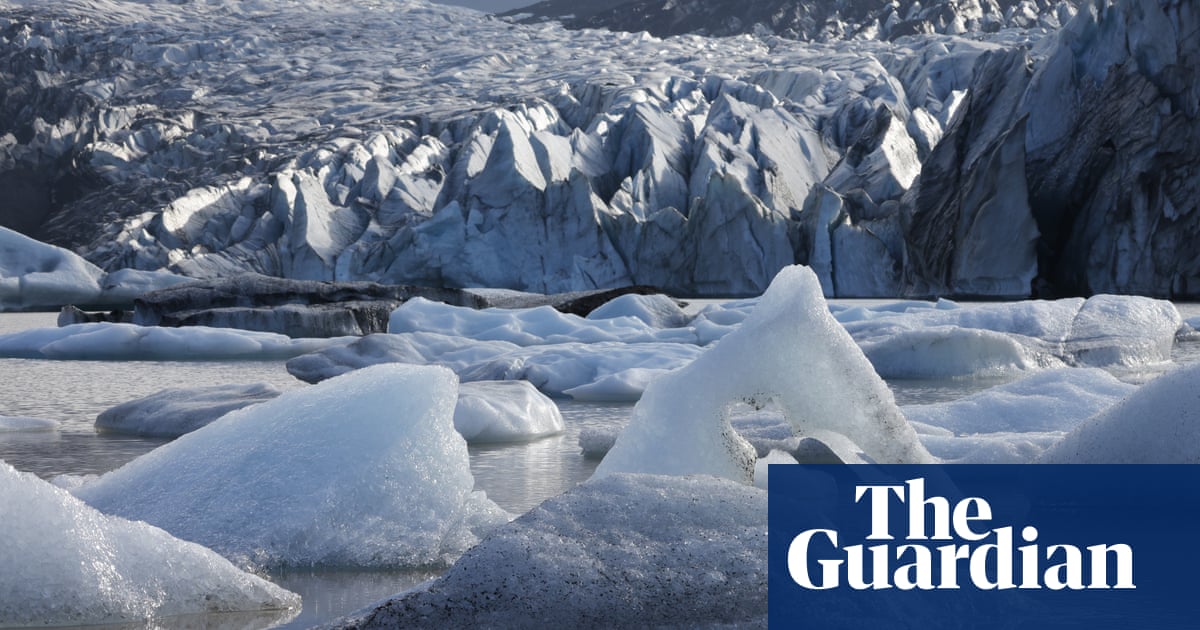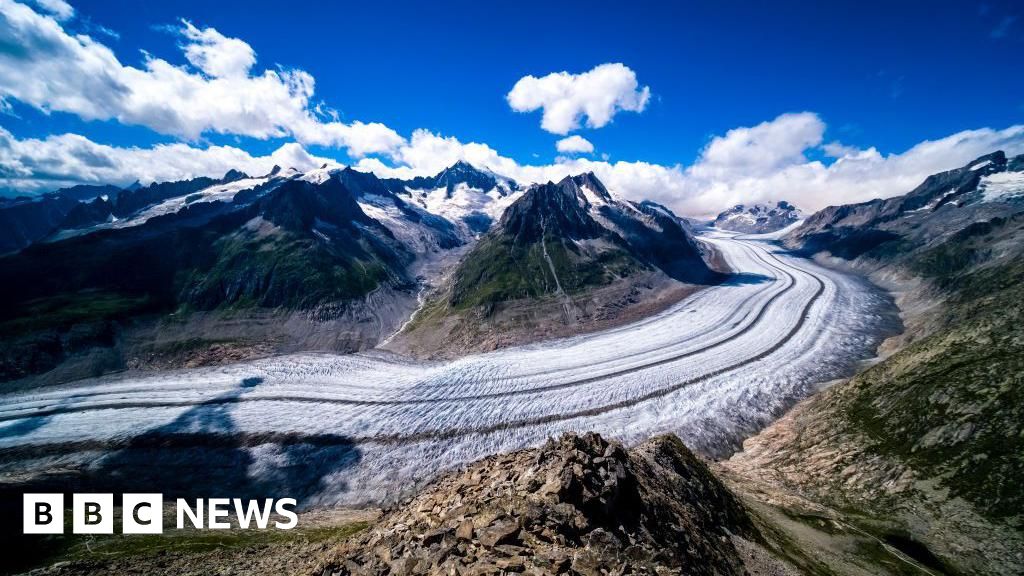Glaciers Melting at Accelerated Rate, Threatening Global Freshwater and Sea Levels
Recent studies reveal alarming glacier melt rates, causing significant ice loss and raising concerns about freshwater supplies and sea-level rise.
Subscribe to unlock this story
We really don't like cutting you off, but you've reached your monthly limit. At just $5/month, subscriptions are how we keep this project going. Start your free 7-day trial today!
Get StartedHave an account? Sign in
Overview
Research indicates that glaciers worldwide have lost 6,542 billion tonnes of ice since 2000, resulting in 18 mm of sea-level rise. The study shows a 36% increase in melting between 2012 and 2023 compared to earlier years, with glaciers losing about 273 billion tonnes each year. Central Europe suffers the most, losing 39% of its glacier ice. This rapid change jeopardizes freshwater supplies for 2 billion people and is linked to more frequent coastal flooding.
Report issue

Read both sides in 5 minutes each day
Analysis
Analysis unavailable for this viewpoint.
Articles (3)
Center (1)
FAQ
Glaciers are currently losing about 273 billion tonnes of ice annually. This rate has increased by 36% between 2012 and 2023 compared to the period from 2000 to 2011, when the loss was approximately 254 billion tonnes per year.
Glacier melting significantly depletes regional freshwater resources. In regions like the Andes and High Mountain Asia, glacier melt is crucial for drinking water and irrigation, impacting millions of people.
Glacier melting contributes significantly to global sea-level rise, with glaciers losing 7,211 billion tonnes of ice between 2000 and 2023, contributing almost three quarters of an inch to sea-level rise. Glaciers are now the second-largest contributor to sea-level rise after ocean thermal expansion.
Central Europe has been particularly affected, losing 39% of its glacier ice. Other regions like the Andes and High Mountain Asia are also significantly impacted due to their reliance on glacier melt for freshwater.
History
- This story does not have any previous versions.


